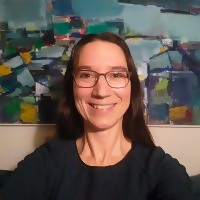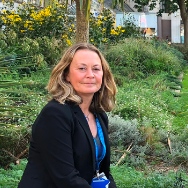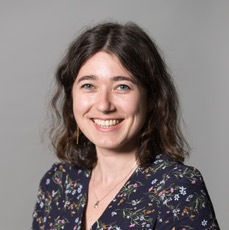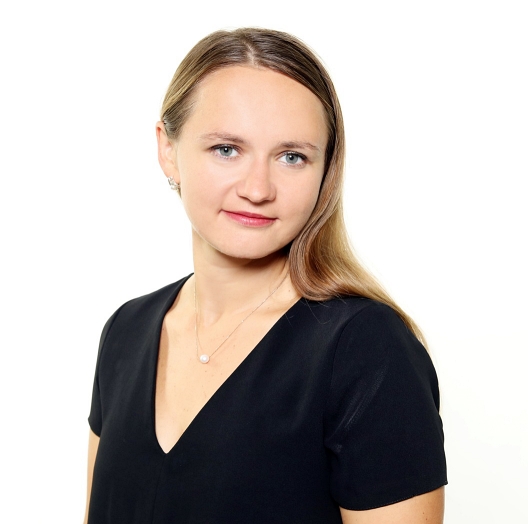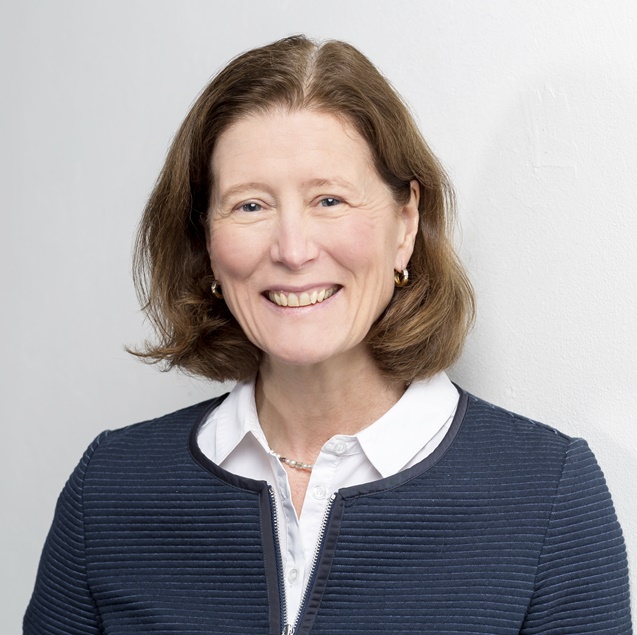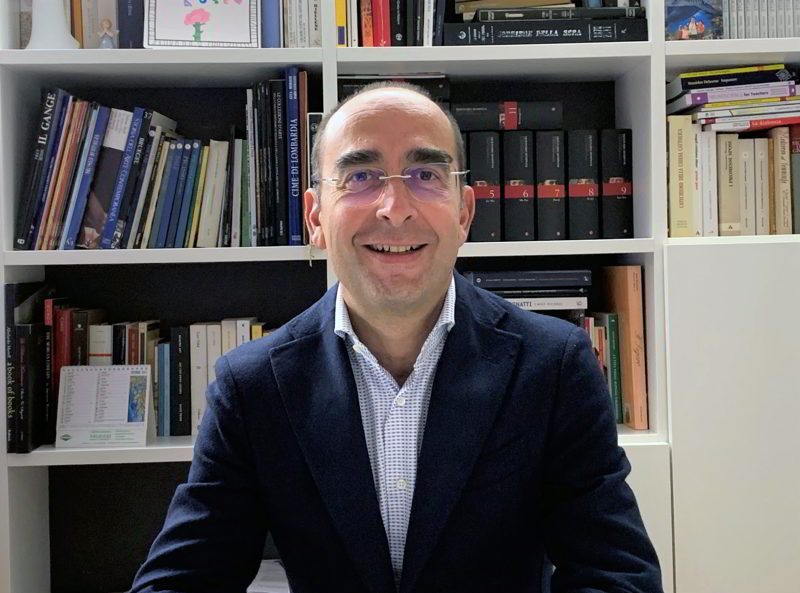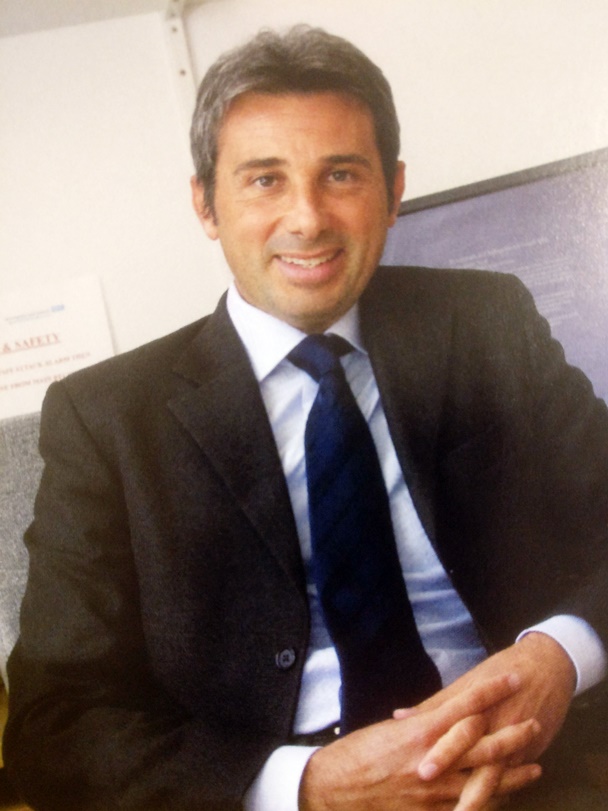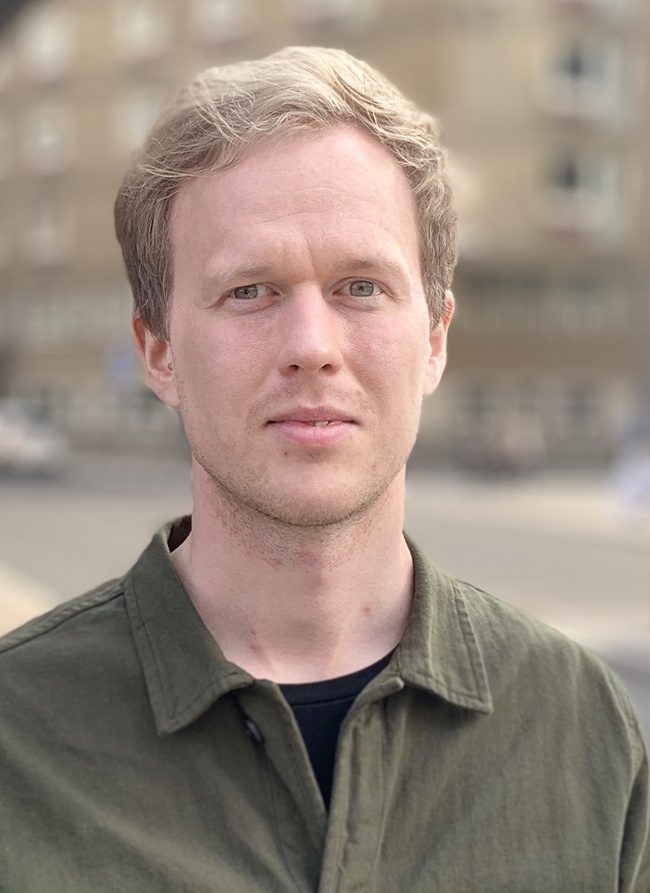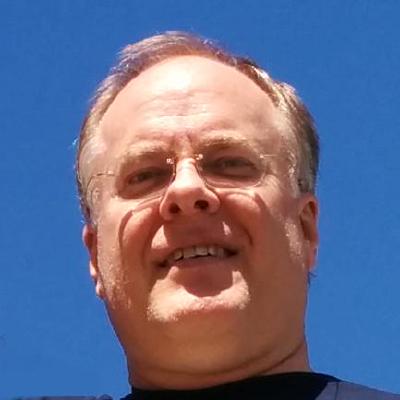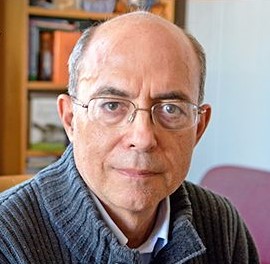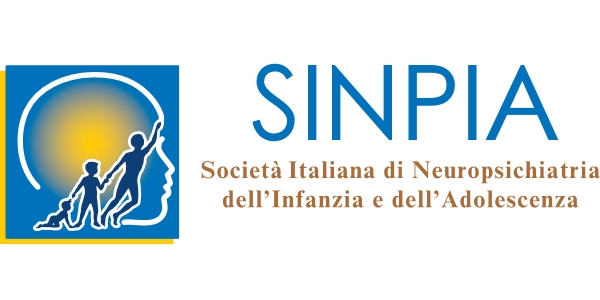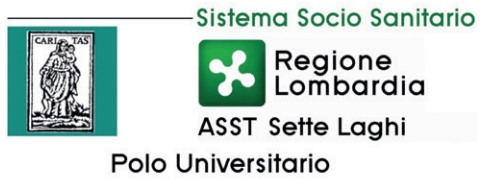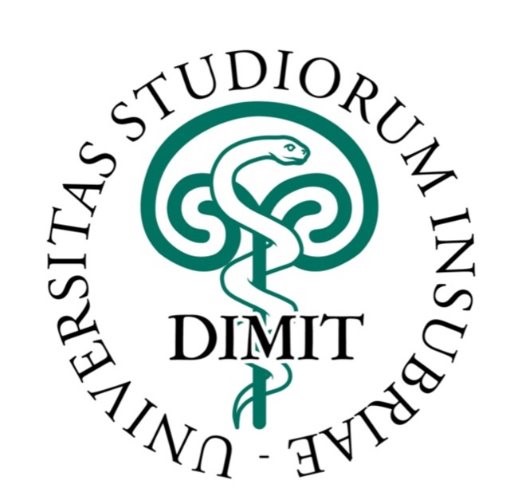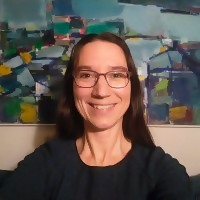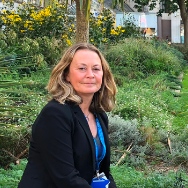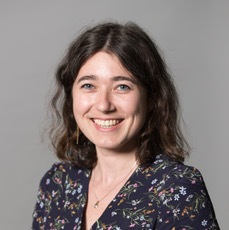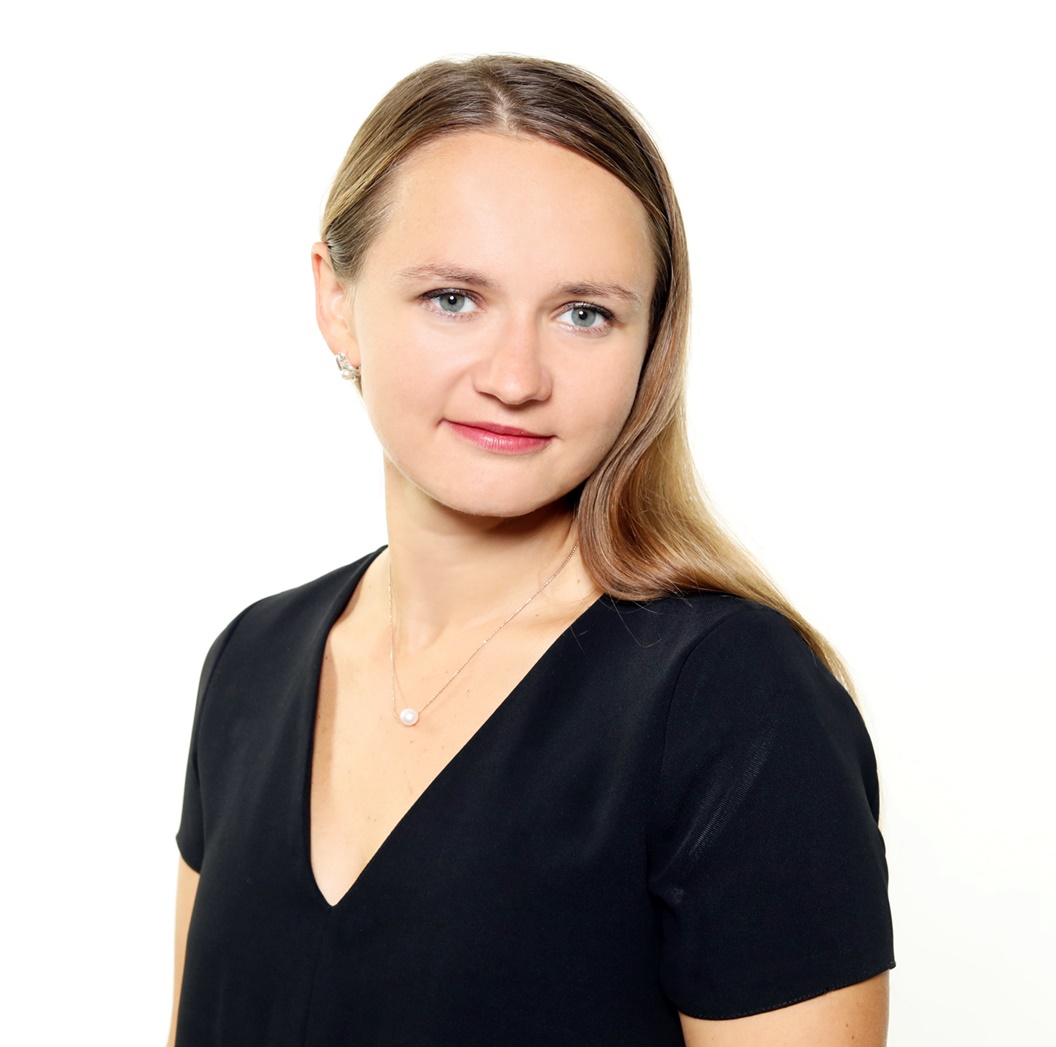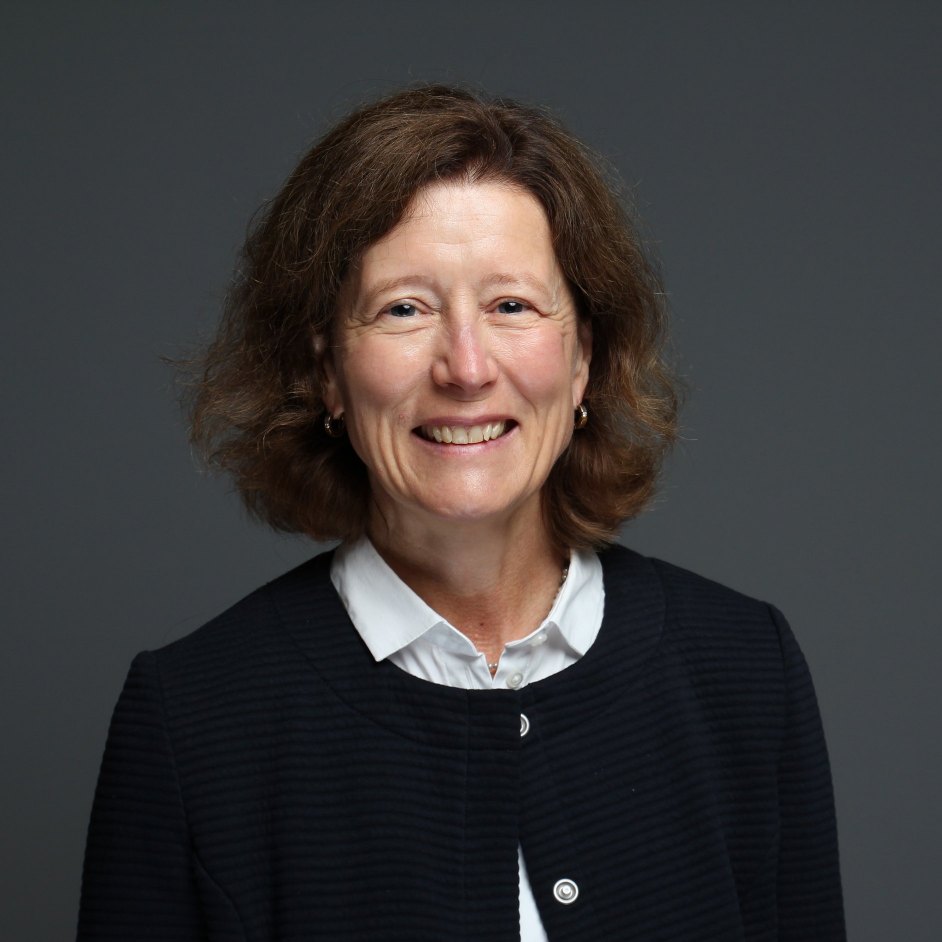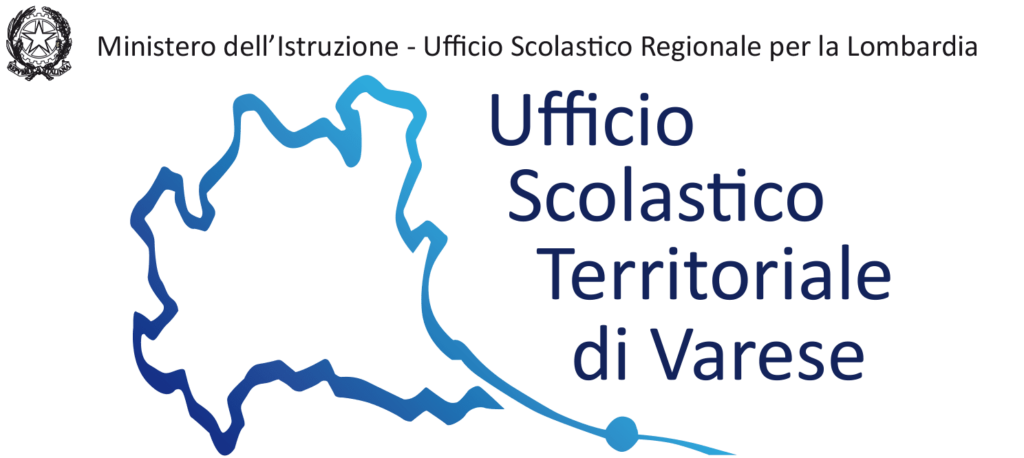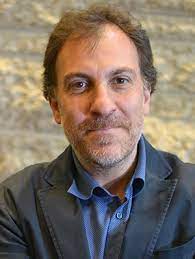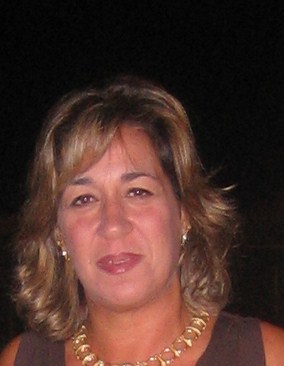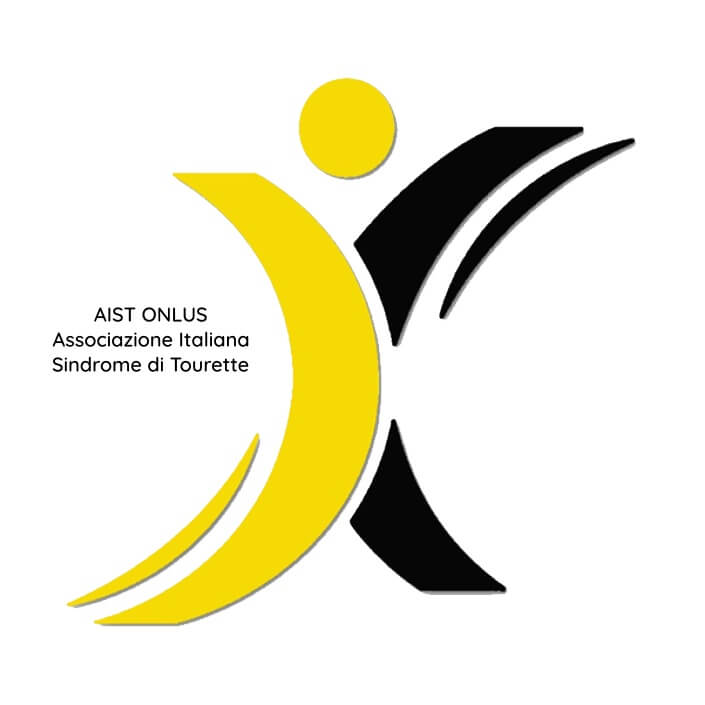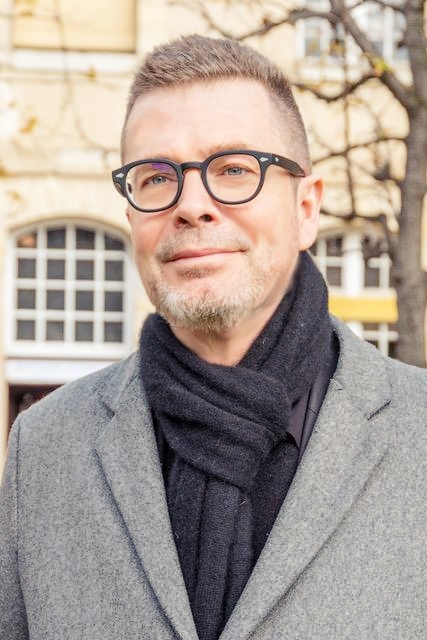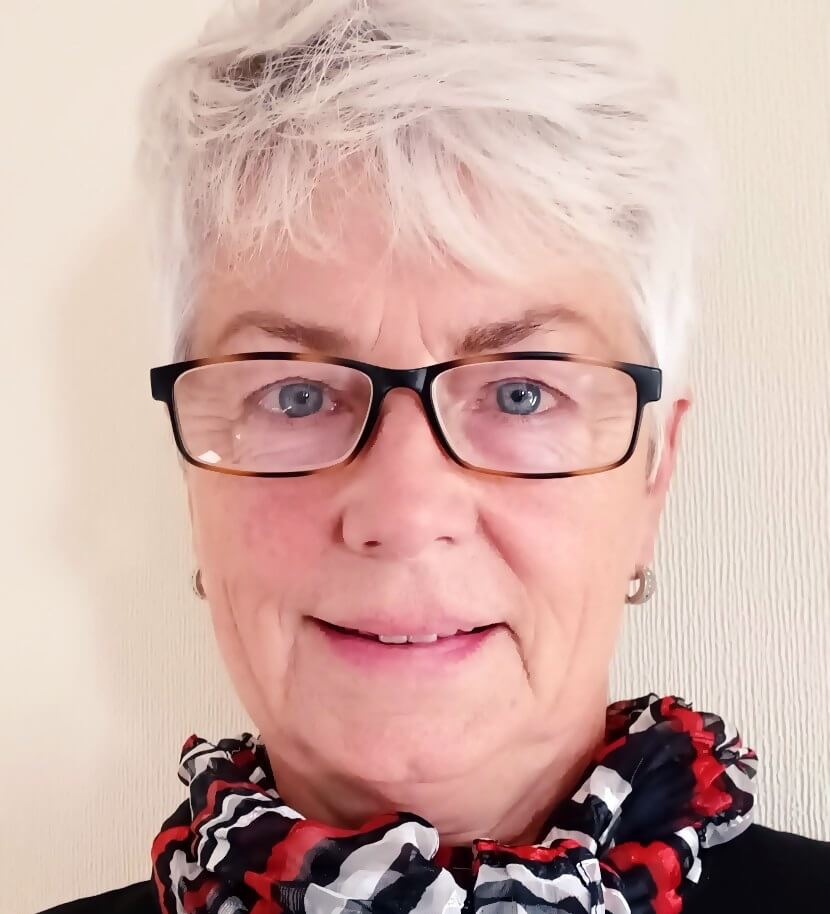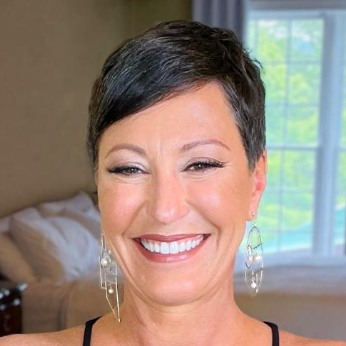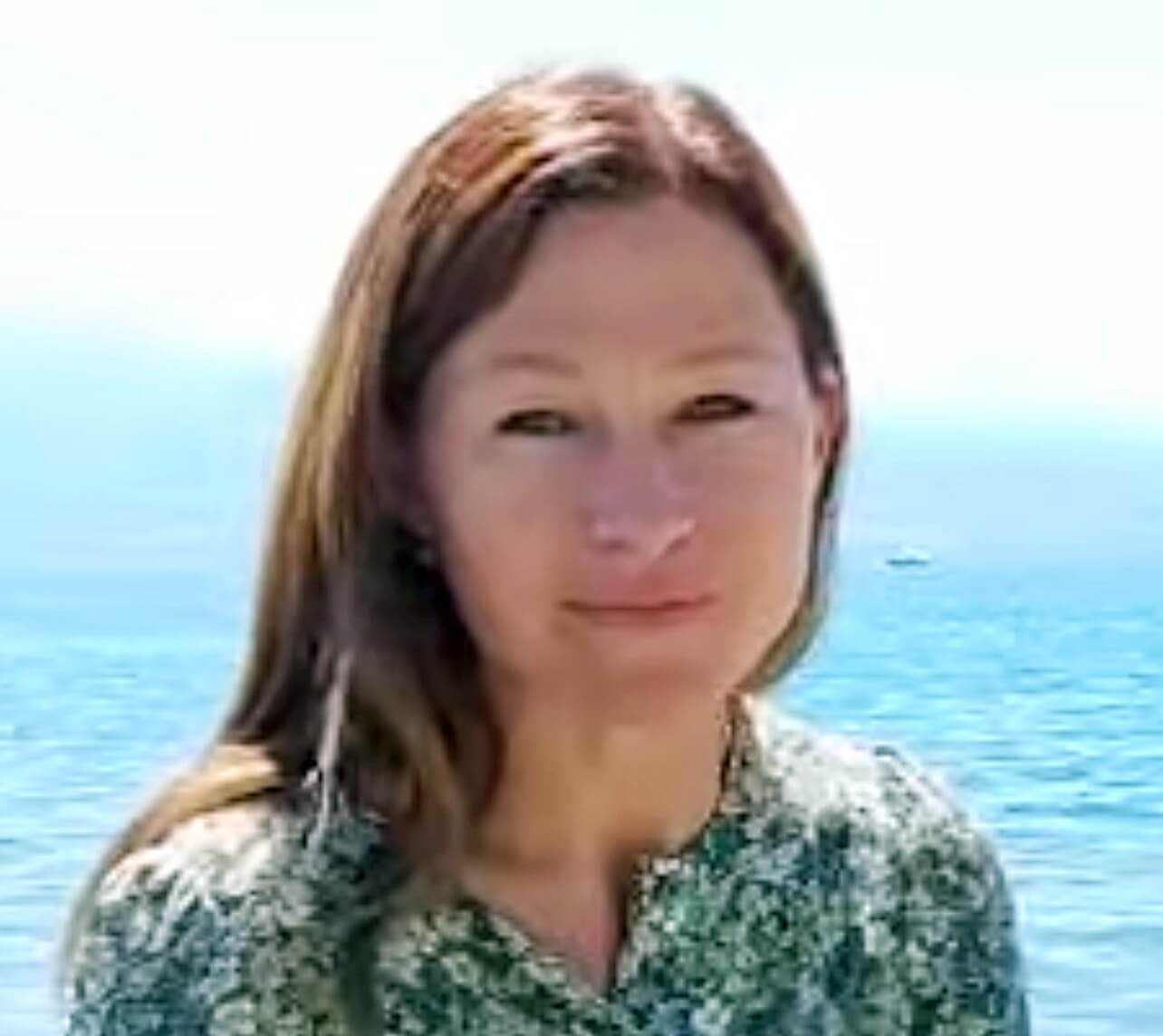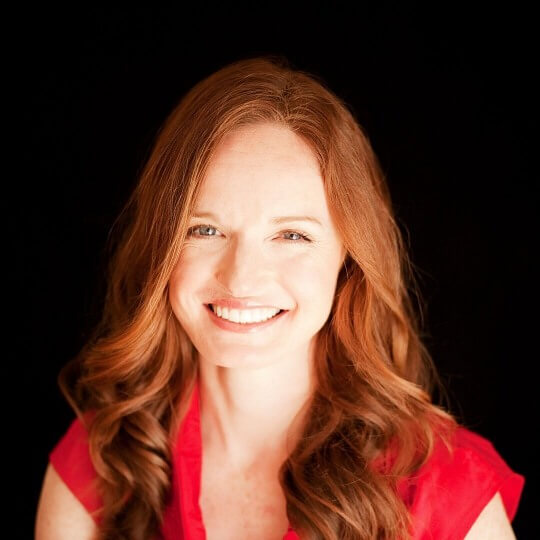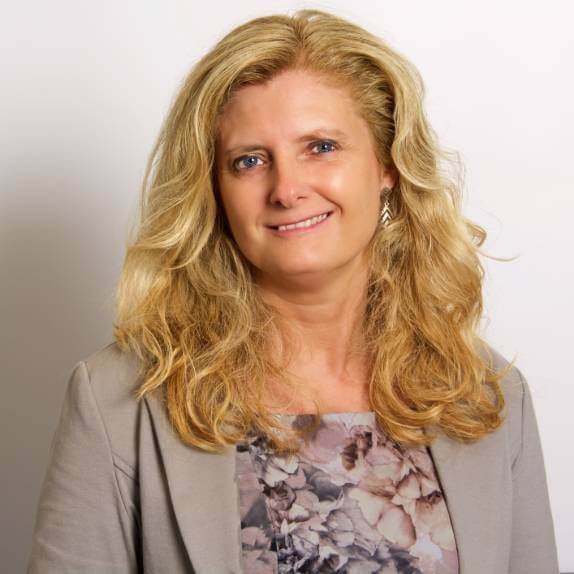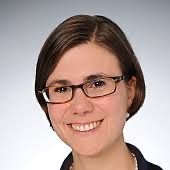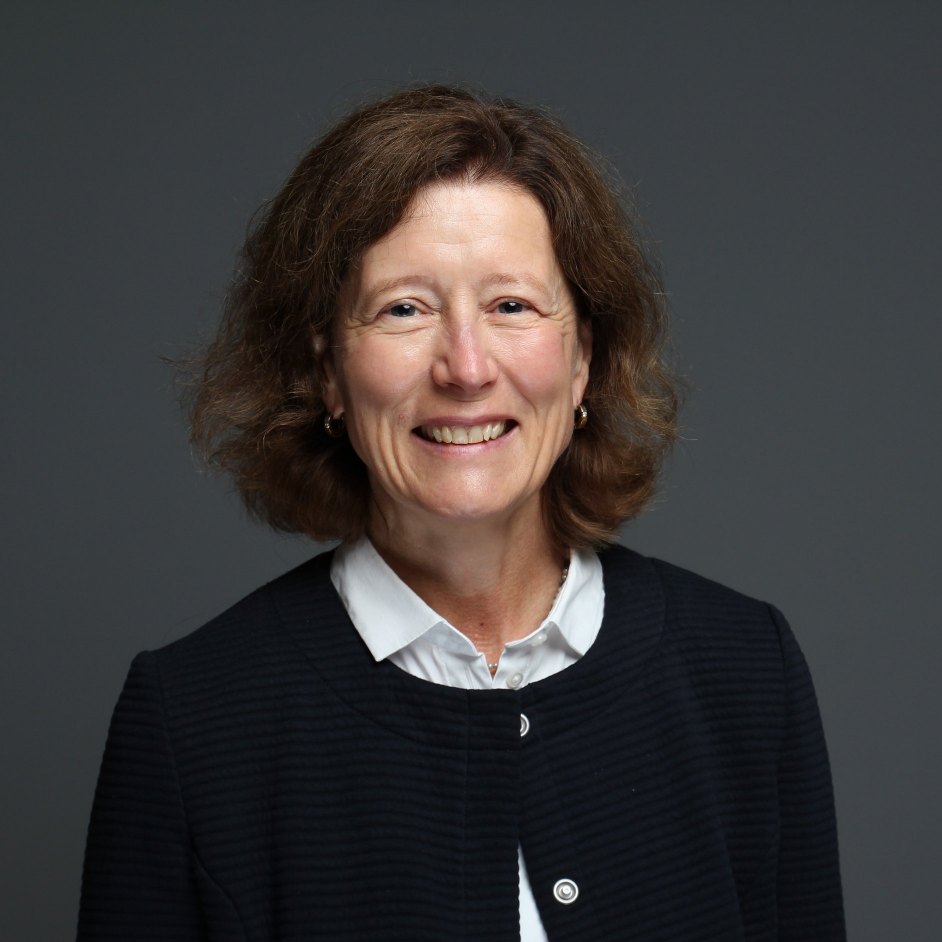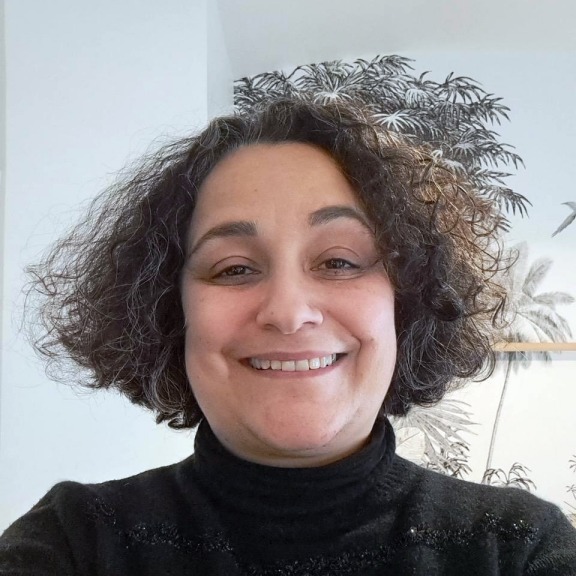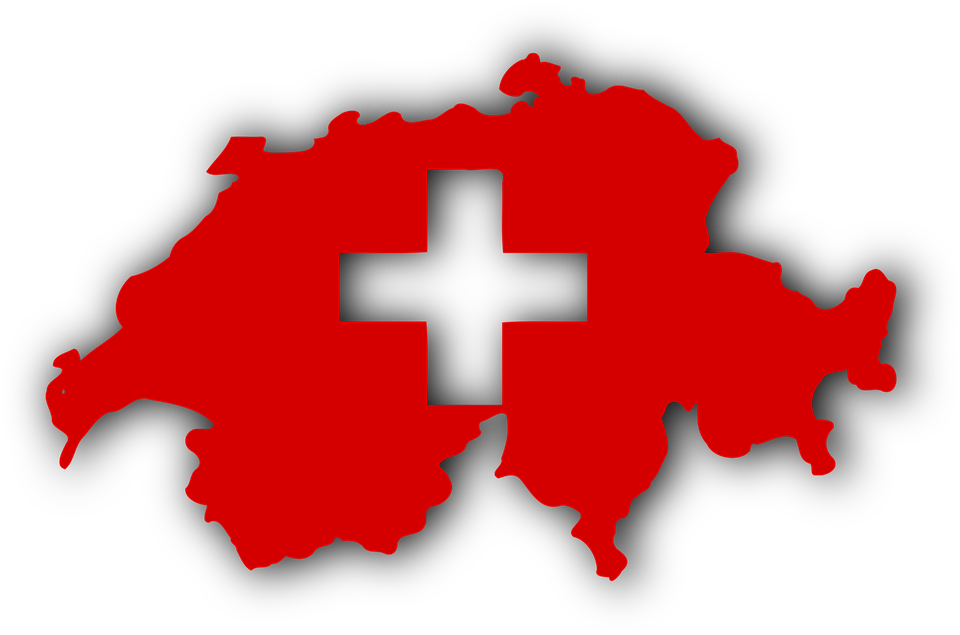
Key findings, limitations and clinical perspectives on the important phase III study of Ecopipam for TS; taking a closer look with Dr Don Gilbert
For our November episode, and following his talk at the Athens 2025 Conference, we speak with Dr Gilbert about Ecopipam, a promising new treatment for Tourette syndrome that has recently completed phase 3 clinical trial.
The discussion explores the need for better therapeutic options in the current treatment landscape of Tourette syndrome and traces Ecopipam's journey from early animal studies through its clinical development programme.
Dr Gilbert explains its mechanism of action and reviews the preclinical evidence that first suggested its potential benefit for Tourette syndrome. The conversation covers the drug's initial exploration in other clinical applications, before pivoting to its development specifically for TS.
The episode provides an in-depth look at three earlier clinical trials that demonstrated Ecopipam's benefit in individuals with TS, examining both their promising results and inherent limitations. Dr Gilbert then walks through the comprehensive methodology of the phase 3 study, explaining the rationale behind the chosen study design and the involvement of 99 sites worldwide that enrolled 216 subjects in the open-label phase.
Key efficacy findings are discussed for both paediatric and adult populations, including specific reductions in YGTSS Total Tic Severity scores. The conversation addresses the critical safety profile, examining psychological, metabolic, and extrapyramidal side effects, with particular attention to concerns regarding suicidality signals observed in the trial data.
He also shares insights on Ecopipam's effects on psychiatric comorbidities commonly associated with Tourette syndrome, acknowledges the study's limitations, and discusses available data from the extension phase.
The episode concludes with perspectives on anticipated regulatory timelines in the United States and Europe, along with Dr Gilbert's thoughts on where Ecopipam might fit in the treatment algorithm and any additional considerations for clinicians and patients.

Dr Gilbert is Professor of Neurology at Cincinnati Children’s Hospital Medical Center, where he established the Movement Disorders and Tourette Clinics in 1998 and conducts translational research and clinical trials.
Key references
- Gilbert DL, Budman CL, Singer HS, Kurlan R, Chipkin RE. A D1 Receptor Antagonist, Ecopipam, for treatment of tics in Tourette Syndrome. Clinical Neuropharmacology, 2014. 37:26-30.
- Gilbert DL, Murphy TK, Jankovic J, Budman CL, Black KJ, Kurlan RM, Coffman KA, McCracken JT, Juncos J, Grant JE, Chipkin RE. Ecopipam, a D1 receptor antagonist, for treatment of Tourette Syndrome in Children: A randomized, placebo-controlled crossover study. Movement Disorders 2018. 33: 1272-1280.
- Chipkin RE, Gilbert DL, Mahableshwarkar A. Ecopipam: A D1 receptor antagonist for the treatment of Tourette syndrome. International Review of Movement Disorders. Elsevier, Inc. 2022. doi
- Gilbert DL, Dubow JS, Cunniff TM, Wanaski SP, Atkinson SD, Mahableshwarkar AR. Ecopipam for Tourette Syndrome: A Randomized Trial. Pediatrics 2023. doi PMID: 36628546
- Gilbert DL, Kim DJB, Miller MM, Atkinson SD, Karkanias GB, Munschauer FE, Wanaski SP, Cuniff TM. Safety and Effect of 12-month Ecopipam Treatment in Pediatric Patients with Tourette Syndrome. Movement Disorders Clinical Practice. 2025. doi
Contact author
Thank you Don for your time and expertise!
The Frontiers editorial office will be able to provide more information/answer any questions.
Discover the spectacular destination where we shall meet again next summer!



Invited speakers
- Le relazioni si terranno in lingua inglese con traduzione simultanea in italiano
- Accreditamento ECM per medici, psicologi, infermieri
"A brilliant and empathetic comedy narrating the daily life of a boy with Tourette."
(See detailed programme below)
- Prof Andreas Hartmann, France
Neurologist, Department of Neurology, Hôpital de la Pitié-Salpêtrière, Paris, FR - Dr Christelle Nilles, France
Neurologist, Department of Neurology, Rothschild Foundation Hospital, Paris, FR
- Michele Dunlap, Germany
President & Acting Treasurer - Marla Shea, UK/USA
Secretary
- Christina Papakaliatis, Founder
-Healthcare professionals: a round table for discussion with the speakers will be held in the afternoon.
Online registration is mandatory to secure your participation.
- This event is strictly available to adults and minors aged 16-17 years old. Underaged attendees will not be permitted access.
- The seminar is offered for educational purposes; clinical consultations with any of the invited healthcare professionals will not be provided onsite.
- Only registered participants may attend the event. We will regrettably not be able to admit other non-registered visitors accompanying you.
- Tourette Greece
- TTAG
- ESSTS
- Assessment (including differential diagnosis)
- Natural course and prognosis
- Epidemiology
- Causes & mechanisms
- Q&A
- ADHD (Attention Deficit Hyperactivity Disorder)
- OCD (Obsessive-Compulsive Disorder)
- ASD (Autism Spectrum Disorder)
- Mood (anxiety & depression)
- Sleep
- Q&A
- Available treatments
- Clinical cases
- Comprehensive Q&A with the audience
- Tuesday, 27 May 2025: 18:00-20:00 BST. Led by: Virginie Czernecki & Katrin Woitecki
- Tuesday, 30 September 2025: 18:00-20:00 BST. Led by Tara Murphy & Jolande van de Griendt
- Tuesday, 25 November 2025: 18:00-20:00 GMT. Led by: Cara Verdellen & Katrin Woitecki
Registration rate per online consultation (2 hours): €35.
(See detailed programme below)
- Dr Christos Androutsos
Child and Adolescent Psychiatrist
Head Consultant at the Child and Adolescent Psychiatry Department, SGHA - Dr Anastasia Dougali
Child and Adolescent Psychiatrist
Child and Adolescent Psychiatry Department, SGHA
- Dr Marinos Kyriakopoulos
Child and Adolescent Psychiatrist
Assistant Professor in Child and Adolescent Psychiatry
- Athanasia Makri
Psychologist
MSc in Clinical Psychology
Online registration is mandatory to secure your participation.
- This event is strictly available to adults and minors aged 16-17 years old. Underaged attendees will not be permitted access.
- The seminar is offered for educational purposes; clinical consultations with any of the invited healthcare professionals will not be provided on site.
- Only registered participants may attend the event. We will regrettably not be able to admit other non-registered visitors accompanying you.
- Behavioural approaches being adapted for acceptance – developmental factors
- Working with school, work & family
- Using Schema Therapy techniques to deal with negative childhood experiences that need addressing
- Parents Living Well with Tics; engaging the system to enhance acceptance and well being
Case discussion led by Noa Ben-Aroya, Dana Feldman and John Piacentini
.png)


